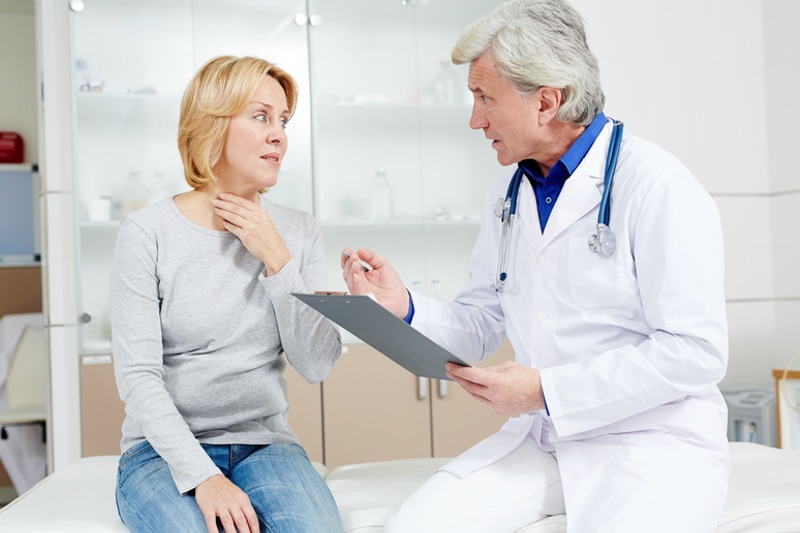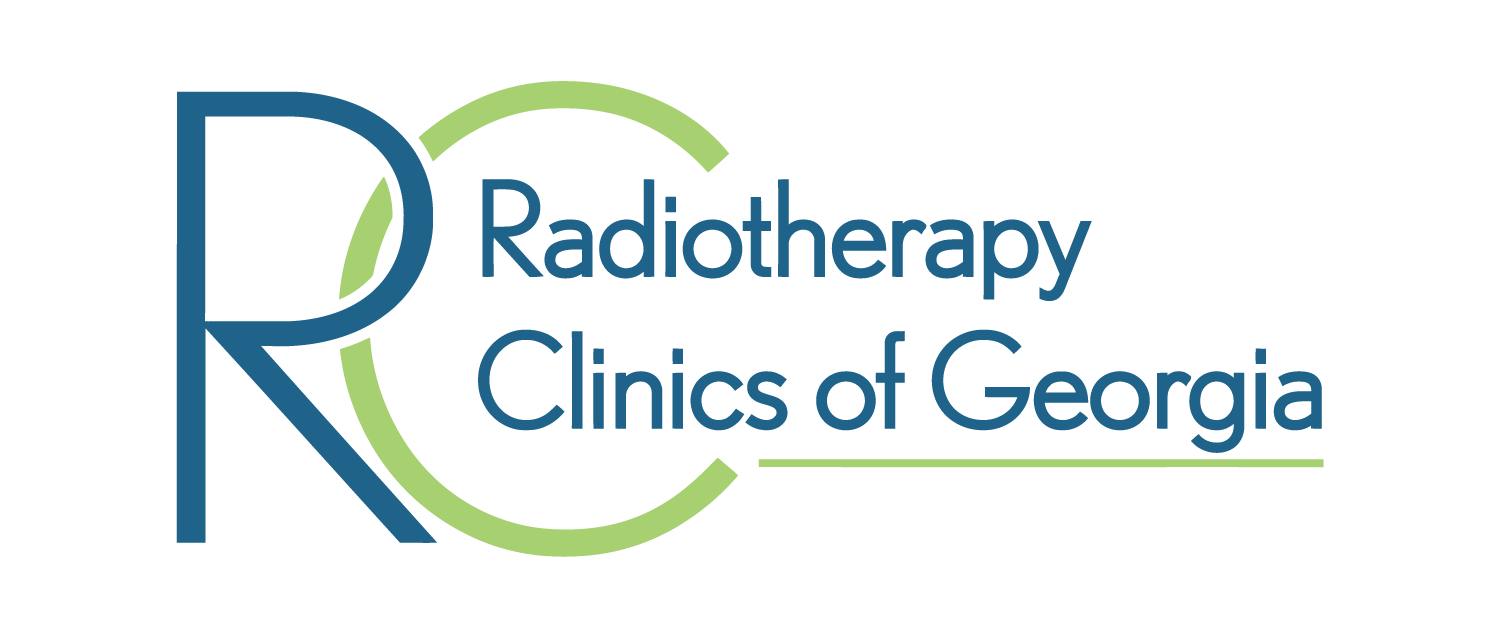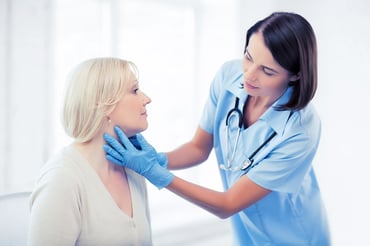
Your esophagus, which connects your throat to your stomach, can develop cancer. Usually starting in the lining of the esophagus, it’s a slow-growing cancer that typically takes a while to start showing symptoms. If you’re at a higher risk for developing esophageal cancer, it’s important to know what to look for.
Who Has an Increased Risk of Developing Esophageal Cancer?
Certain factors increase the likelihood of being diagnosed with esophageal cancer. Some of these are preventable, such as lifestyle habits, where others may be out of your control. For instance, men are more likely than women to get esophageal cancer, and those above the age of 55 are more likely to be diagnosed. Other risk factors include:
Smoking or use of tobacco products:
Cigarettes, cigars, and chewing tobacco are all contributors to esophageal cancer. The more it is used and for the greater length of time, the greater the risk of esophageal cancer.
Drinking heavily:
Those who often drink alcohol have an increased risk of carcinoma. Combined with smoking or tobacco use, the higher the risk of cancer.
Diet:
Processed meats have been discussed to contribute to esophageal cancer. However, this is still debated. Diets high in healthy fruits and vegetables lower your risk, likely due to the high number of vitamins and minerals.
Barrett’s esophagus:
This is a long-term acid reflux condition, which damages the lining of the esophagus. This is typically discovered after looking at cells under a microscope that become abnormal.
Other medical diagnosis:
Certain throat or clinical diagnoses can put you at higher risk of esophageal cancer. Examples include achalasia, tylosis, or Plummer-Vinson syndrome. Achalasia and Plummer-Vinson syndrome is a throat disorder where food can get stuck in the throat because of abnormal tissue in the esophagus. Tylosis is a skin disorder that can contribute to irregular cell growth.
What are Esophageal Cancer Symptoms You Should Look For?
Early signs of esophageal cancer are often hard to detect. There may not be any symptoms at all, or they may be easily brushed off as indigestion or side effects of something you ate.
Usually when you start to experience symptoms, the cancer has progressed and will need treatment right away. If you identify any of the following signs and symptoms, or if you notice that they are a common occurrence, you should consult your doctor to rule out esophageal cancer or other medical conditions.
Difficulty swallowing:
Having a harder time than normal swallowing is one of the most common symptoms of esophageal cancer. Sometimes the types of food you eat can make the issue more noticeable, particularly when eating foods that are more dry, such as breads, or that may have a more rigid consistency, like some types of meats or how food is prepared.
If there is growth in the tumor, it can begin to block the esophagus, increasing the difficulty with swallowing, and has the potential to lead to choking.
Chest pain or discomfort:
This can feel like pressure, burning, or heartburn. While these signs are typically a sign of other health issues, such as acid reflux, they can be a sign of esophageal cancer. If you’re experiencing chest pain, it is important to seek medical attention to rule out cancers, or certain heart conditions.
Hoarseness/coughing:
A scratchy voice may be an indicator of esophageal cancer. This can be due to irritation of the cancer cells or growth and can also be attributed to heartburn or acid reflux.
Worsening indigestion/heartburn:
Indigestion may occur because of the changes in your eating, and heartburn will feel like a burning sensation in the chest. It can also feel like pressure or intense gas/bloating.
Bleeding in the esophagus:
Indications of this include dark stools that look black. Other indicators include exhaustion or low red blood cell counts.
Weight loss:
As eating or swallowing becomes more difficult, many patients find that their appetite or desire to eat is reduced. Over time, the reduced food intake can result in weight loss. If you’re finding that you are altering your eating habits based on physical discomfort, it is important to work with your doctor to determine the underlying cause.
Can You Prevent Esophageal Cancer?
There’s no guarantee that you’ll develop cancer if you have risk factors. But, there’s also no guarantee that you won’t. The best thing you can do is reduce your risk factors wherever possible. This includes avoiding excessive alcohol and especially tobacco use. If you frequently have heartburn, acid reflux, or indigestion, you should see a doctor about the best ways to reduce the amount of acid that backs up into your esophagus, causing irritation that can eventually lead to cancer in some people.
Esophageal Cancer Treatment in the Atlanta Area
Because symptoms appear after esophageal cancer has been growing for a while, it’s important to pay attention to symptoms and get help as soon as possible after noticing them. If you’ve been recently diagnosed with esophagus cancer, our team can help. Located in the greater Atlanta area, we offer radiation therapy, a key part of esophageal cancer treatment for many patients. Request an appointment with one of our oncologists to learn more about your treatment options.


